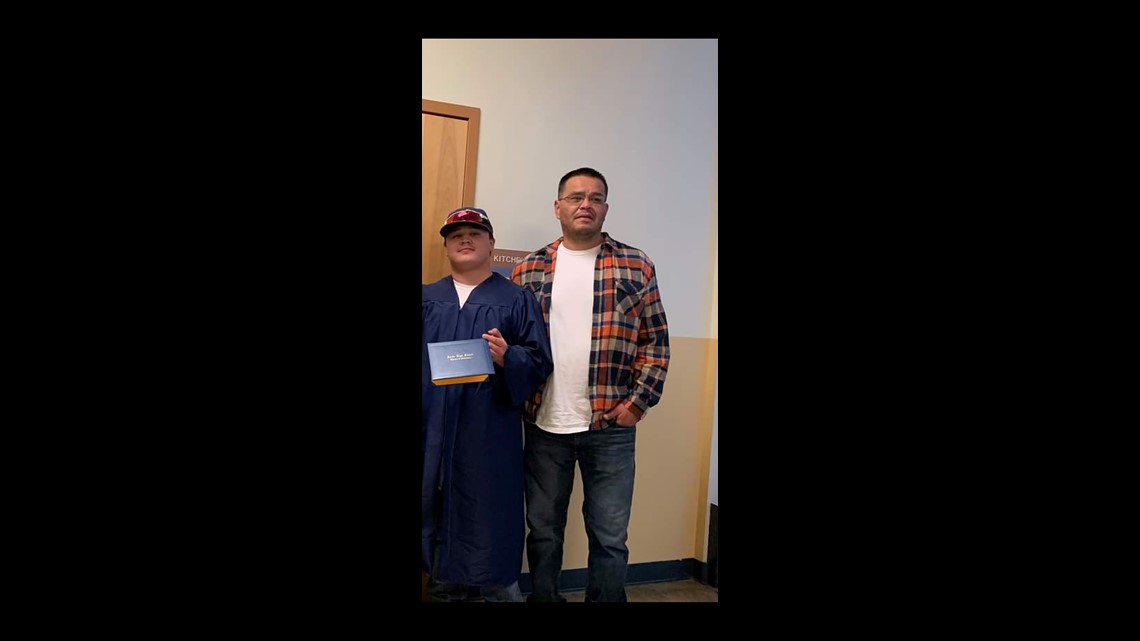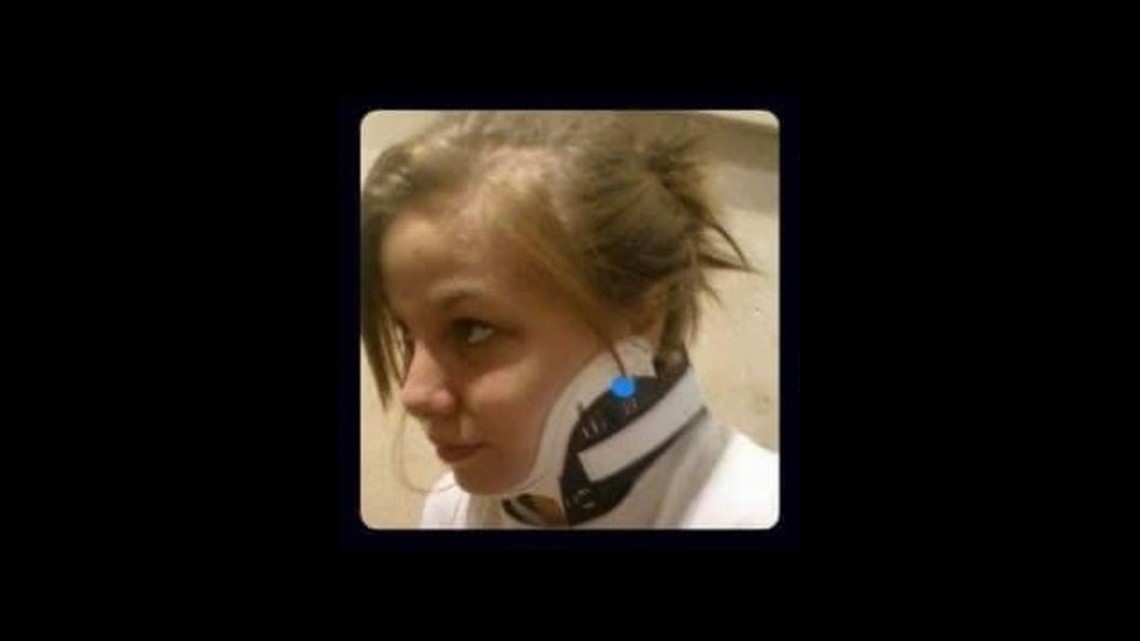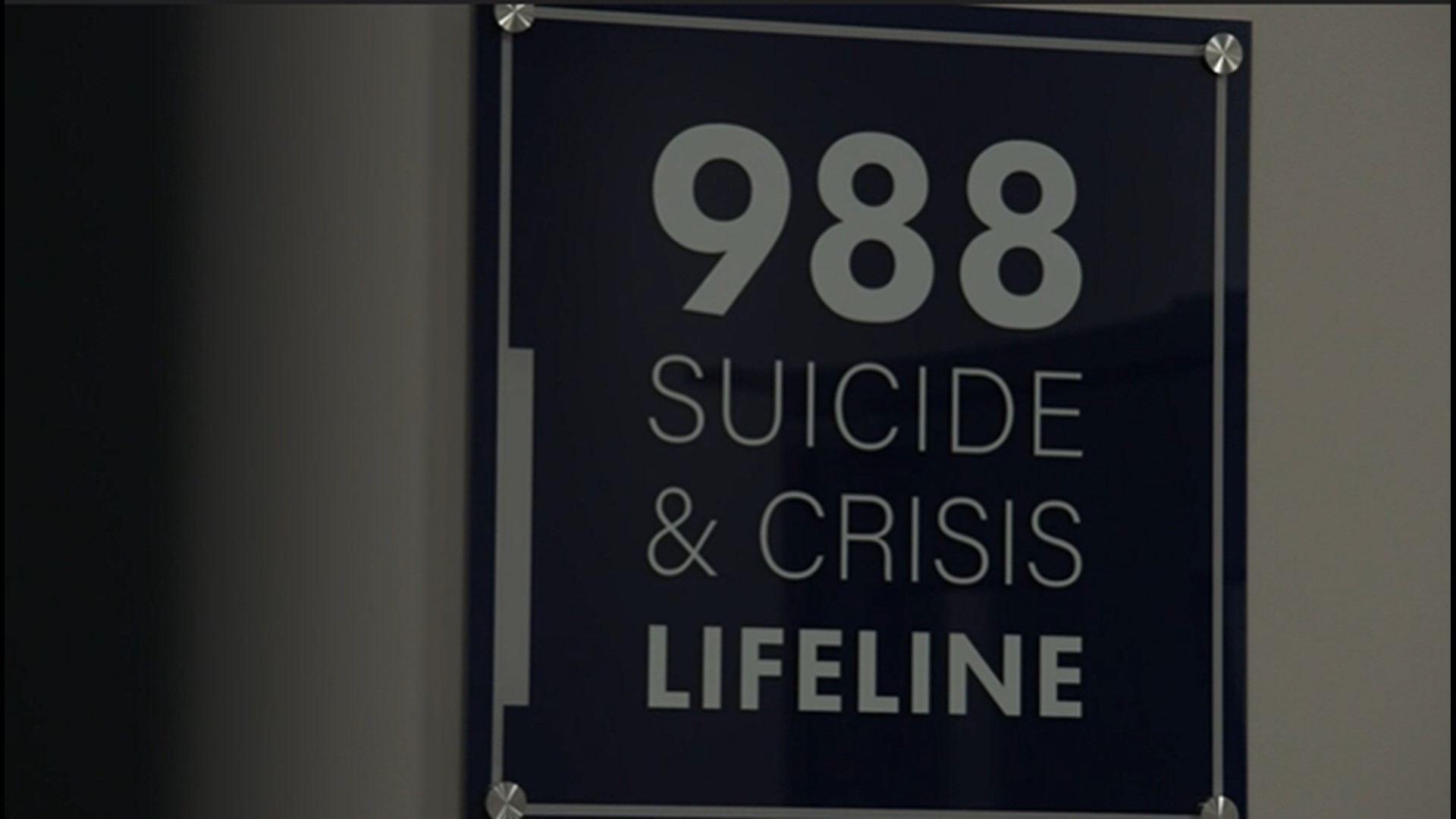EVERETT, Wash. — According to the US Department of Health, Indigenous people die by suicide at a rate 20% higher than the rest of the population.
In response, the country's first Native Crisis Hotline Center opened in Washington state.
Native people who are in distress can call the crisis line and speak with Native counselors. The system is integrated with the state's 988 Suicide & Crisis Lifeline system.
The people there are credited with saving countless lives.
Native and Strong Lifeline
In one Everett office, each call is a matter of life or death.
“A caller called in and he was wanting to commit suicide," said Robert Coberly, one of 15 Native crisis counselors at the Native and Strong lifeline. "He was younger, and I got to share my story about my son."
All 15 counselors are enrolled tribal members, representing different communities and experiences.
To Coberly, what he heard on that phone call was an expression of pain he was intimately familiar with. His own son was killed three years ago.


“(The caller) heard me, he's like, ‘Yeah, I don't want to do that to my dad, or my mom,'” Coberly said. “I just tried to help prevent another parent or anybody else from going through what I’m going through."
The center receives between 10-30 calls per day and that’s with minimal advertising or outreach, just by word-of-mouth referrals.
“People are sharing milestones they've hit, you know, 'I'm this many days clean’ or, you know, ‘I haven't had any crisis this week,'" said Heaven Arbuckle-Hatchett, a counselor at the crisis line. "Those are great calls. And then it can go as far as you know, there's people who are actively trying to harm themselves, and we have to get them help.”
Arbuckle-Hatchett began working as a counselor after leaving a bad relationship due to domestic violence.


Arbuckle-Hatchett said sharing a cultural identity with those who call in makes it easier for them to open up, and accept help.
“We understand," Arbuckle-Hatchett said. "That's the best way I know how to explain it. We understand the generational trauma that people may be experiencing. When it comes to like, sexual assaults, people have a really hard time coming out about that, especially with Native culture.”
Data compiled by the National Resource Center on Domestic Violence showed American Indians are two and a half times more likely to experience sexual assault crimes compared to all other races, and one in three Indigenous women reports having been raped during her lifetime.
A mental health crisis
The launch of the crisis line comes as the Native community also faces a mental health crisis. According to the US Department of Health, suicide is the second leading cause of death for Native people between the ages of 10 and 34.
“People ask ‘What makes your population so special?’ right?" said Rochelle Williams, Tribal Operations Manager. "Like, we're not so special, it's that our suicide rates are actually increasing. A report just came out that our suicide rates are going up, while other populations are going down."
Williams said counselors recommend traditional Native medicines and practices to callers when appropriate.
“Some things that people like to do is the sweat lodge," Arbuckle-Hatchett said.
"That's healing for them. Another thing is, people do what's called sage. you can …get any bad energies away from you."
“Just take care of your Indian," Coberly said. "That’s what my mom told me."
Several states are now in talks to launch their own Native crisis lines. Meantime, each call Coberly and Arbuckle-Hatchett answer brings them closer to healing their own traumas as well.
“It takes the power out of the hurt and pain," Coberly said. "Talking about it gives me some relief. And so doing this job, it kind of comes come full circle, you know, I can help somebody."
“Yes, we are helping people, but I don't think people realize they help us too, every day,” said Arbuckle-Hatchett.
To reach the Native Strong Crisis hotline, call 9-8-8 and press 4 when prompted.
Additional resources
If you or someone you know is in crisis, call the National Suicide Prevention Lifeline at 800-273-8255, text HOME to 741741 or visit Vibrant Emotional Health’s Safe Space for digital resources.
----
If you or someone you know may be experiencing domestic violence, call the National Domestic Violence Hotline at 800-799-7233, text START to 88788 or visit thehotline.org for additional guidance and resources.
Visit the Washington State Coalition Against Domestic Violence website for additional local resources.

